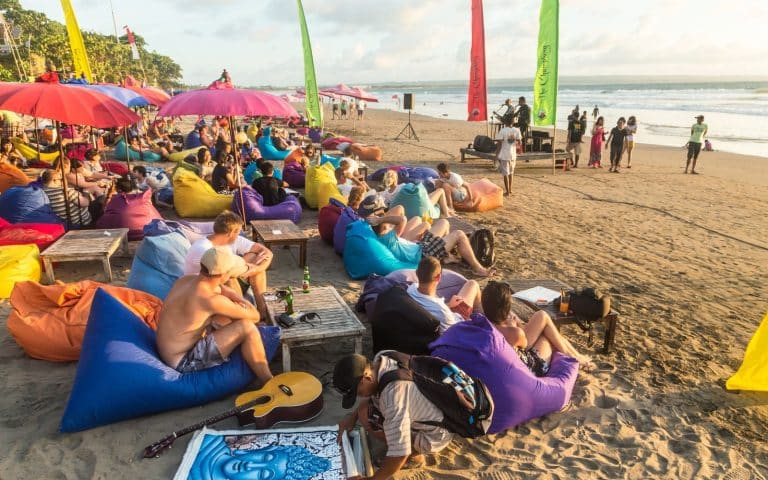Indonesia is one of several countries, like Costa Rica and Malaysia, that have begun to provide long-term visas to skilled employees, remote workers, digital nomads, retirees, and other rich non-nationals.
The country is currently attempting to recruit more wealthy foreigners. Starting at the end of 2022, anyone with at least $130,000 in the bank will be eligible for a “second home” visa that will allow them to remain in Bali for up to ten years. Immigration chief Widodo Ekatjahjana says the measure is intended to attract wealthy foreigners to Indonesia and boost the country’s economy.
Bali visas updates
December 7 – Bali’s 5-year tax-free visa could be ready by 2023
The 5-year visa for digital nomads in Bali has been in the works for a while and it seems that it will be implemented soon. Digital nomads will then be able to live and work in Bali for up to five years and have the option to extend the visa for another five years.
This is fantastic news for digital nomads looking for a permanent location, as Bali offers a remarkable quality of life for a fraction of the price of living in western countries. Digital nomads will also bring their online income to the country TAX-FREE, which will help boost and support the local economy.
The COVID -19 problem has caused several delays in launching the visa program, but the administration is still optimistic that it will be able to do so by 2023.
Tax breaks
Indonesia, the largest economy in Southeast Asia, is currently one of the most sought-after locations for remote workers. It boasts a reliable digital infrastructure, a high standard of living, and a stable, affordable cost of living. There’s also not much paperwork for digital nomads to complete. The new visa even exempts digital nomads from Indonesian tax on money earned abroad.
To stay and work in Indonesia for 180 days if you are employed by a foreign-based company, you only need a simple “visit visa,” the B211a. Since many foreigners are not aware of this, they often apply for a normal tourist visa upon arrival, which in theory prohibits them from working remotely.

Party culture enrages residents
However, the growing after-work party scene on the island is infuriating more and more Balinese. They have even petitioned the local administration, complaining that it is almost impossible to get sleep or rest in Canggu because of the nonstop partying.
The petition claims that the noise from bars near Bali temples is so loud that windows and doors rattle and shake more than during an earthquake. More than 8,000 locals have signed the petition, which also condemns public drunkenness, drug use, lewd behavior and public urination.

Bali could stop being charming
Digital nomad Nargiz Issayeva is familiar with this rage. She advises anyone who chooses to relocate abroad to get organized and informed. Think about why you want to travel to Bali and educate yourself about the politics, the people and the culture, she advises. “That’s what I did before I decided to try to make it there”. For now, she maintains, Bali still provides the ideal mix of rural serenity and party scene.
But the rise of the digital nomad population is also raising concerns among some hoteliers. Some people secretly worry that if tourists and digital nomads completely take over, Bali’s distinctive charm may disappear. However, no hoteliers wanted to be cited because they thought it may frighten off customers. After all, tourism contributes directly or indirectly to 70% of Bali’s GDP.






